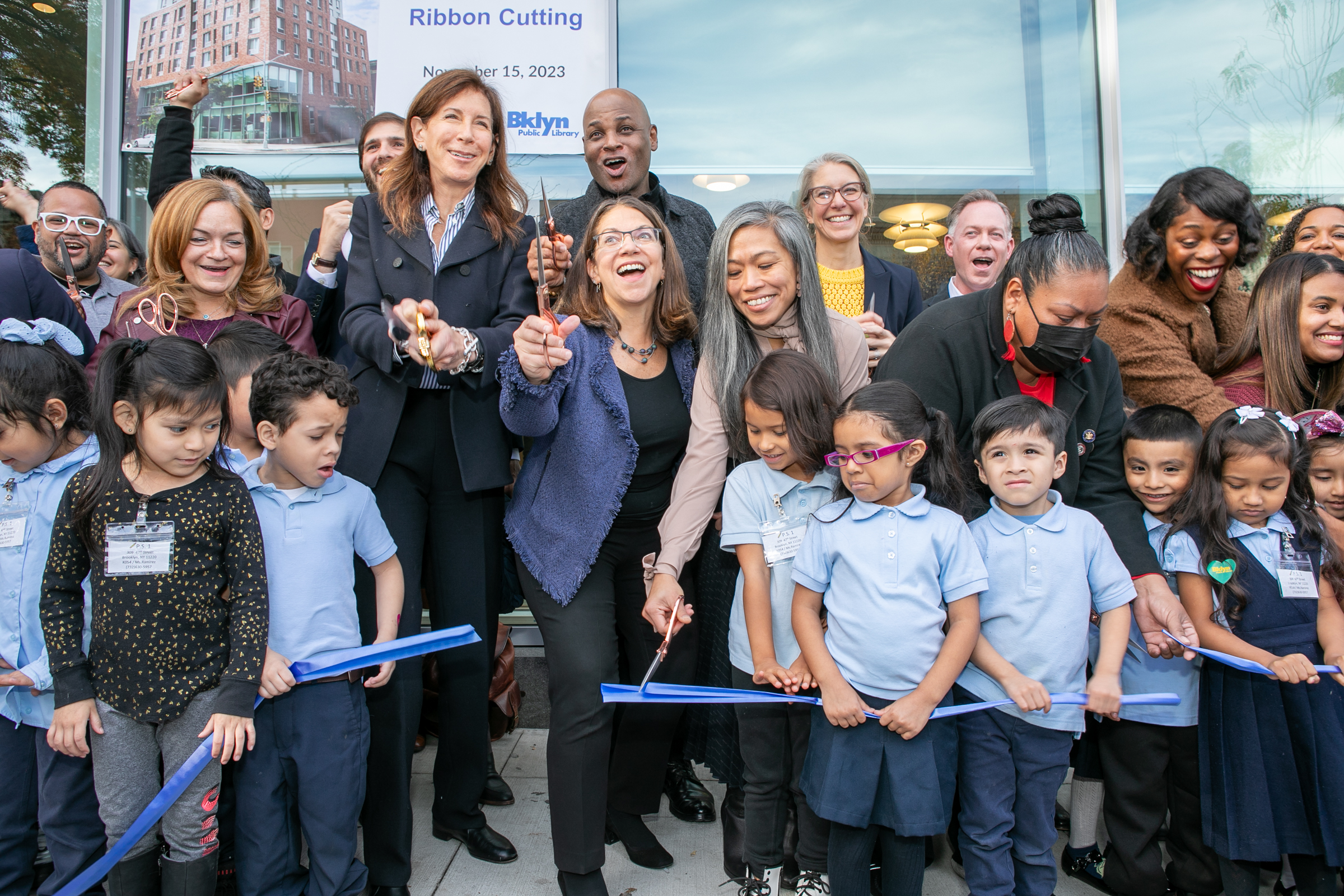Nonprofit developers, by virtue of their governance and ownership, are the only segment of the affordable housing sector that’s required to reinvest their financial benefits of development back into their neighborhoods and people they serve. So say the authors of “Why NYC Should Fund The Developers Who Stay Invested,” including FJC CEO Sam Marks. The op-ed, written by Marks and Michelle De La Uz, Executive Director of the nonprofit Fifth Avenue Committee, was published by the independent, nonprofit news organization City Limits.
“Private foundations, corporate foundations, and individuals should consider building the financial capacity of nonprofits, so they have the capacity and infrastructure to build housing at scale.”
FJC CEO Sam Marks and Michelle De La Uz, Executive Director of Fifth Avenue Committee
The op-ed recounts the history of public-private development of affordable housing, and the important role New York City’s nonprofit sector played in rebuilding the Bronx and other low-income neighborhoods starting in the 1970s after a period of abandonment. For-profit developers quickly entered the field and gained scale and market share in the affordable housing sector. The authors suggest that it’s mission-focused nonprofits who are able to “build housing that builds neighborhoods, invests in residents, and advances equity at the same time.”
The authors write, “Private foundations, corporate foundations, and individuals should consider building the financial capacity of nonprofits, so they have the capacity and infrastructure to build housing at scale. What we’re calling for is not simply operating grants but investments in nonprofits at the enterprise level. This funding would help nonprofits build their financial strength, empowering them to develop even more ambitious affordable housing projects that include essential resources for the people and communities in which they are built.”




